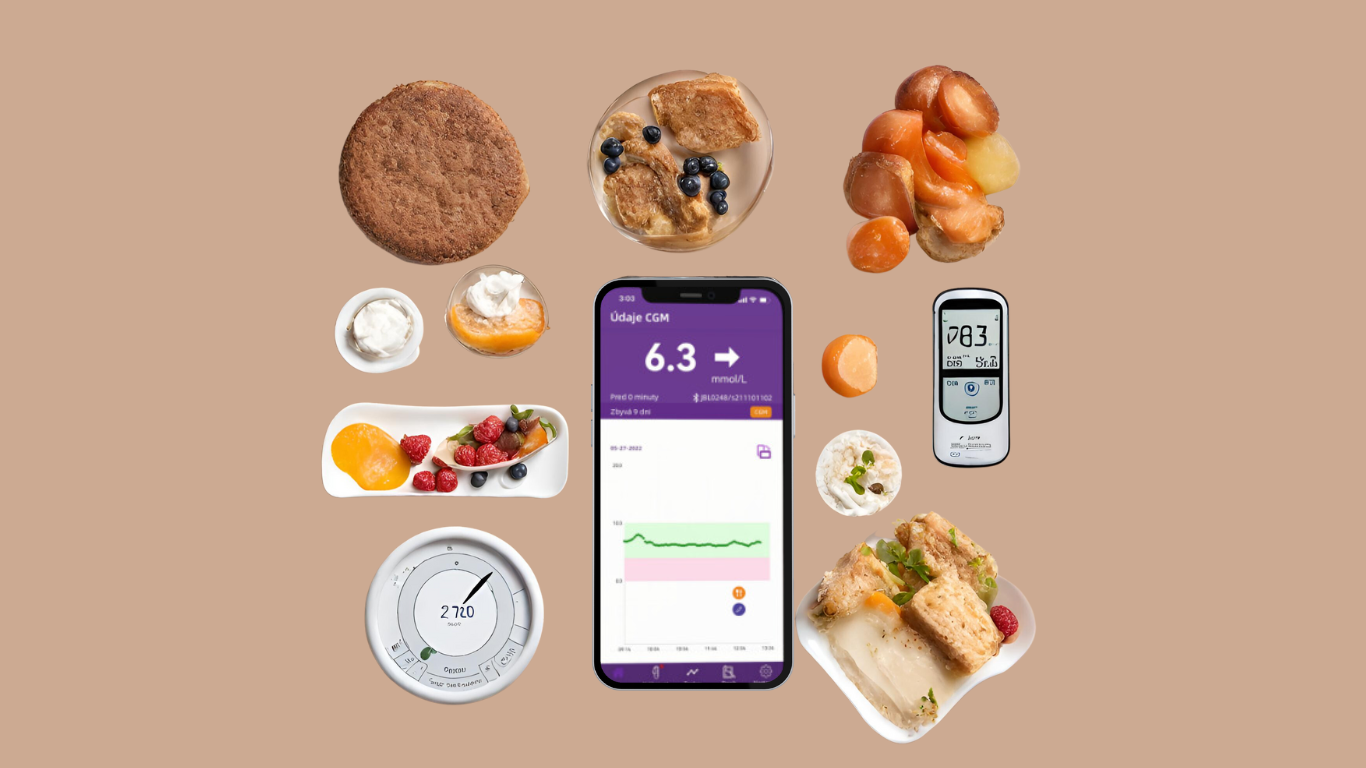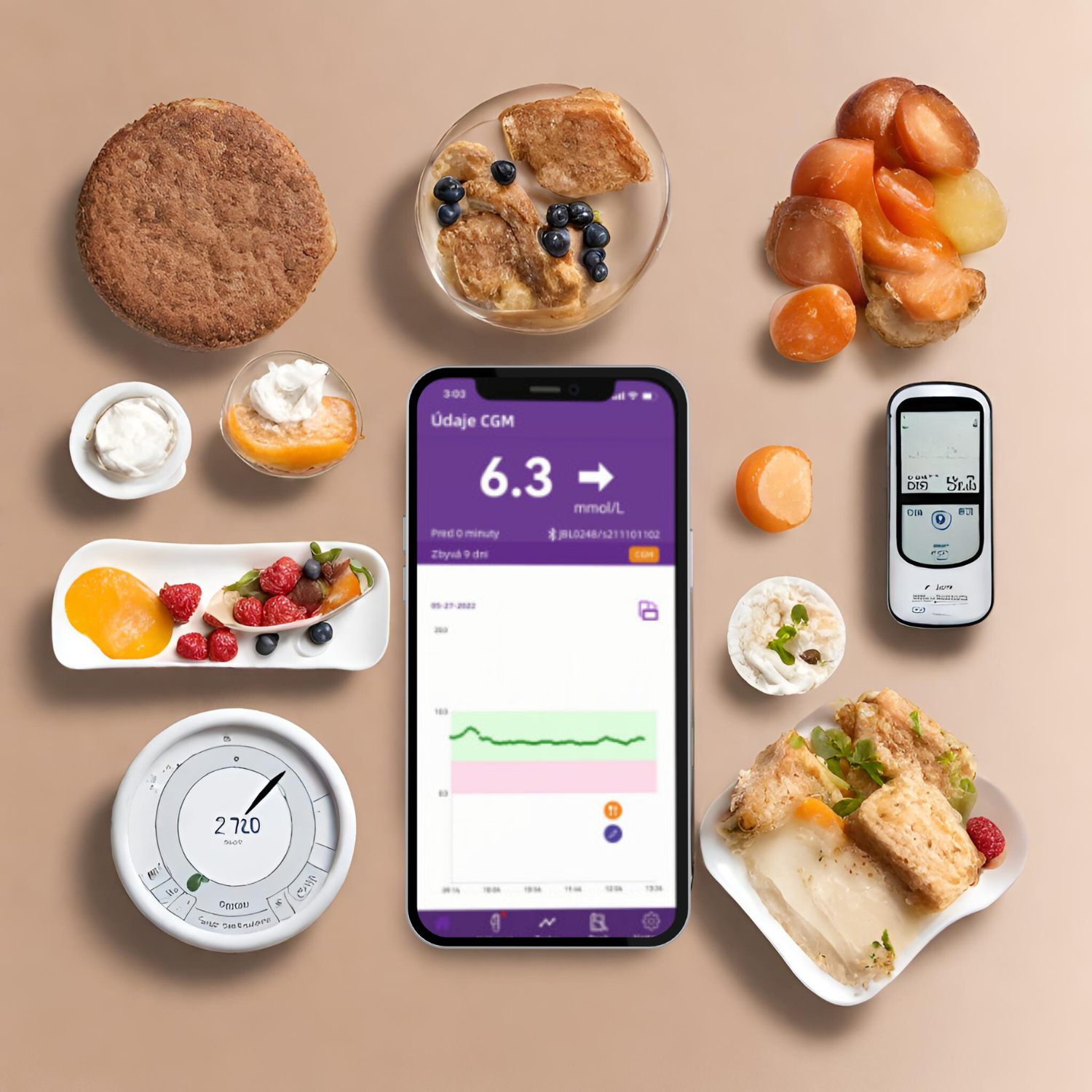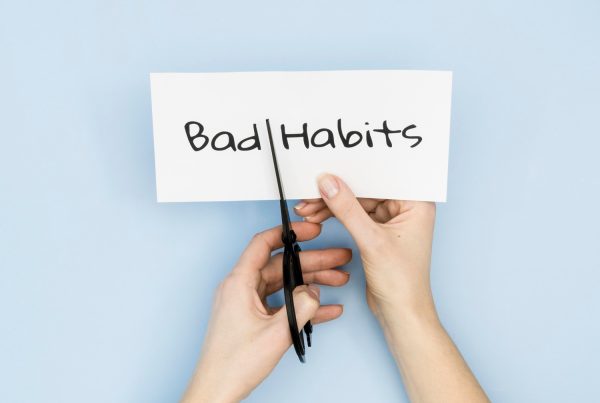
Continuous Glucose Monitoring (CGM) technology has revolutionized the management of diabetes, a widespread chronic condition. It offers a continuous stream of real-time glucose data, empowering patients and healthcare professionals to make more informed decisions about treatment. In this article, we will explore the ins and outs of CGM systems, their advantages, challenges, and the future of glucose monitoring technology.
Understanding Continuous Glucose Monitoring (CGM):
Continuous Glucose Monitoring systems are sophisticated medical devices that keep a constant watch on glucose levels in the interstitial fluid – the fluid surrounding our cells. Unlike traditional blood glucose meters that offer a single snapshot in time, CGMs provide a dynamic view of glucose trends throughout the day and night.
Key Components of CGM:
A typical CGM system comprises the following components:
- The Sensor: This tiny, flexible electrode is inserted just beneath the skin, usually in the abdomen or arm. It continuously measures glucose levels in the interstitial fluid and can typically be worn for 7 to 14 days.
- The Transmitter: Attached to the sensor, the transmitter sends the collected glucose data wirelessly to a receiver or display device. Some transmitters are integrated into the sensor, while others can be reused with multiple sensors.
- The Receiver/Display Device: This device shows the current glucose level, trends, and historical data. It can be a dedicated receiver, a smartphone, or a smartwatch.
- Mobile Application: Many CGM systems work alongside a mobile app that users can install on their smartphones or tablets. These apps receive data from the transmitter, providing real-time insights, including:
– Real-time glucose readings: Displaying current glucose levels with updates every few minutes.
– Trend graphs and historical data: Identifying patterns and fluctuations in glucose levels over time.
– Customizable alerts and alarms: Warning users of high or low glucose levels or rapid changes that may require attention.
– Data sharing capabilities: Allowing users to share their glucose data with healthcare providers or family members for remote monitoring.
– Integration with health records: Some apps sync with electronic health records (EHRs) and other health management apps, offering a holistic view of the user’s health.
The incorporation of mobile apps has made CGM systems more user-friendly, ensuring that users are not only informed but also actively involved in their health management.
As a pharmacist, I often witness the discovery of undetected diabetes through random screening at community pharmacies. Diabetes, primarily a lifestyle disease, remains a significant health concern. It’s essential to leverage technology and knowledge to curb its impact on our lives.
The Synergy of CGM and Food Diaries for Diet Control:
Continuous Glucose Monitoring (CGM) systems, when combined with food diaries, provide invaluable insights into how different foods impact blood sugar levels. CGM offers real-time feedback on glucose fluctuations, while a food diary records meal timing, composition, and portion sizes. Together, they allow individuals to understand the direct effects of their dietary choices on their blood sugar levels. This information is vital for tailoring diet plans, helping identify foods that cause unwanted glucose spikes or those that maintain stable glucose levels. With mobile apps complementing CGMs, tracking dietary intake becomes seamless, offering a comprehensive understanding of how lifestyle, exercise, and nutrition work together to manage diabetes effectively.
Additionally, if you are interested in experiencing the benefits of CGM technology, you can explore consultation options with our partner clinics and fitness consultants to obtain a CGM system. They can guide you on integrating CGM into your daily routine, making diabetes management and diet control even more accessible and effective. Let’s tackle diabetes with knowledge, technology, and proactive lifestyle choices.
Chen Li Li, Rph
MSc (Clin.Pharmacy)




